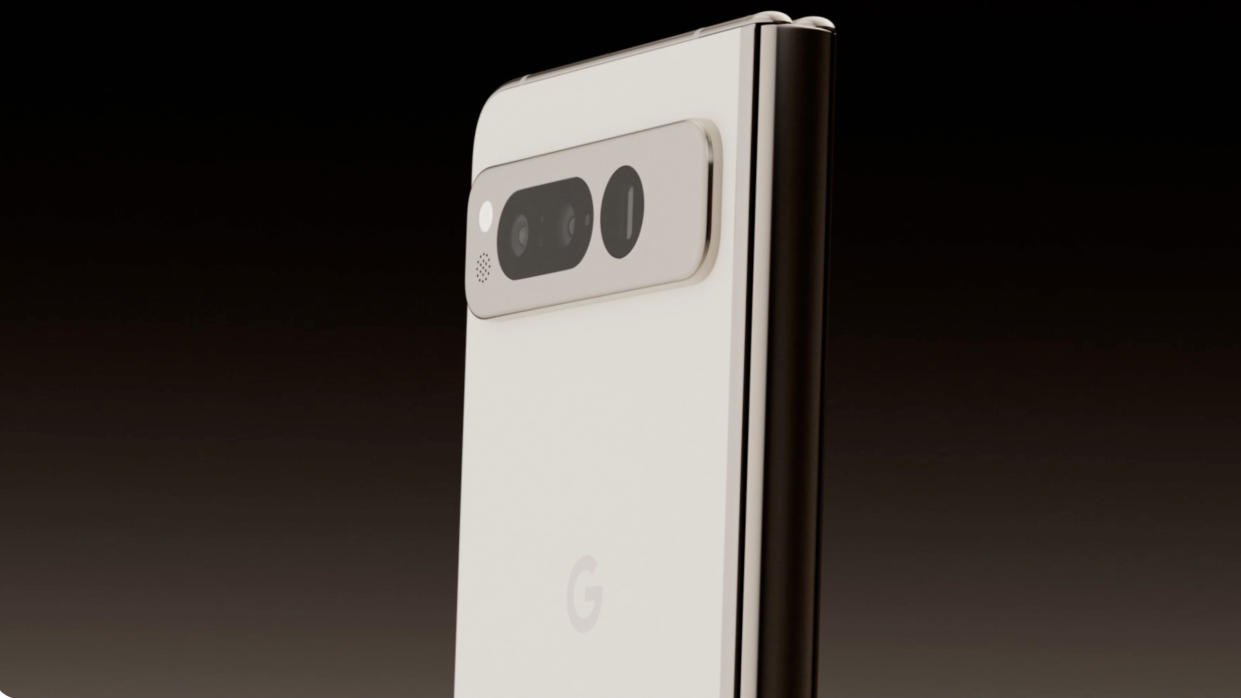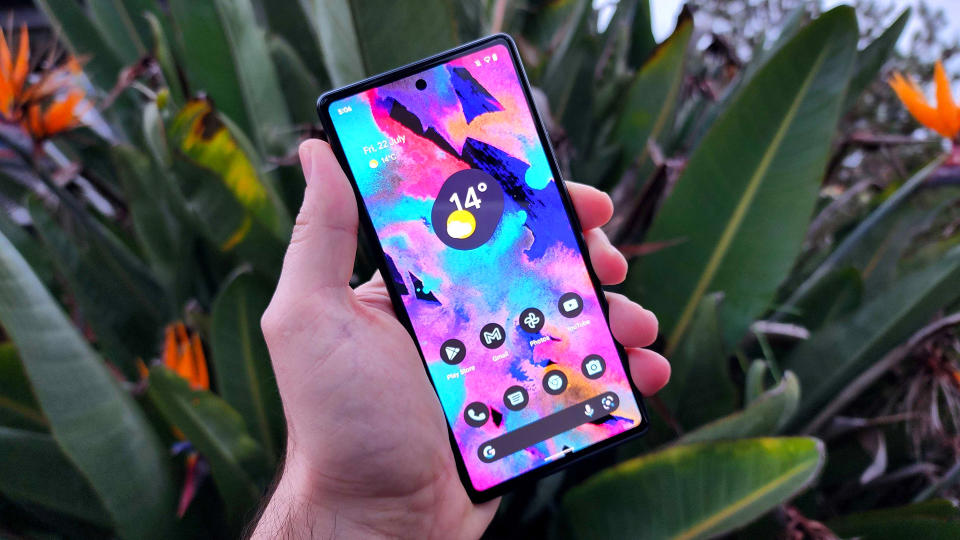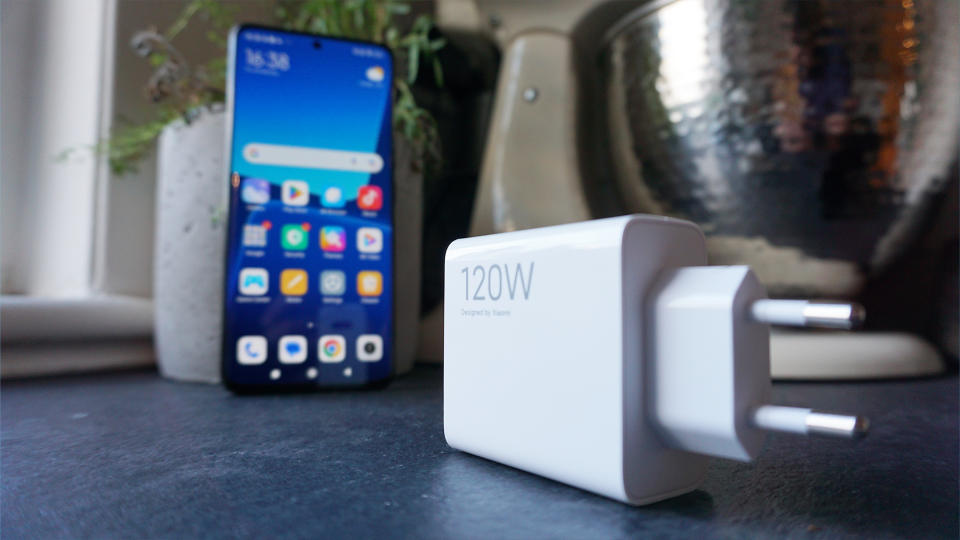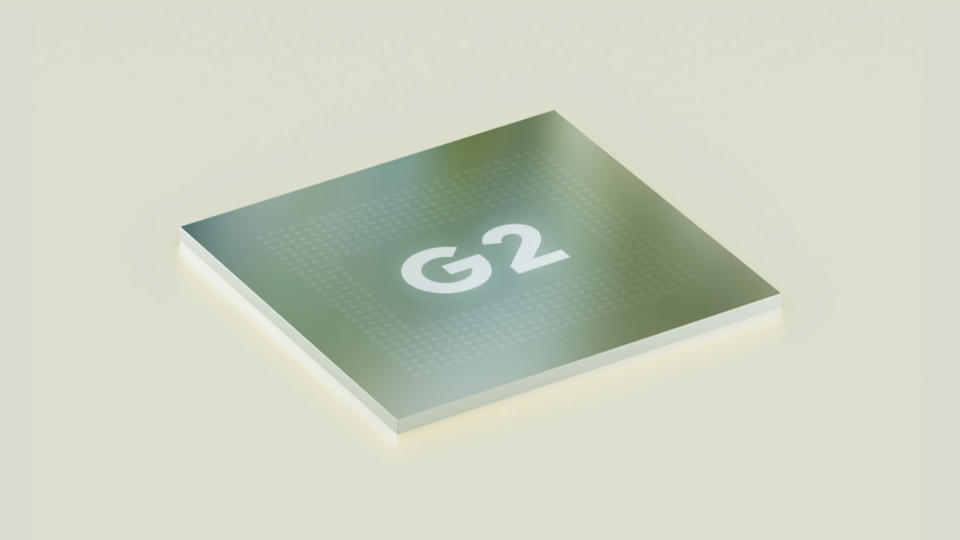Google's Tensor G2 chip killed my excitement for the Pixel Fold

Google announced the Pixel Fold, the Pixel Tablet, and Pixel 7a at Google IO 2023. All are well-designed and beautiful pieces of hardware that slot right into Google’s ecosystem of devices and software. There’s just one problem: they’re all powered by Google’s Tensor G2 chip. I already have a sinking feeling.
Some background. Google isn’t known for making smartphone chips, and the company relied on Qualcomm processors to power the first few generations of its smartphones. From the Pixel 6 onwards, Google has used its own Google Tensor processors.
After spending countless hours with roughly a dozen Tensor-powered devices, including the Pixel 6, Pixel 6 Pro, Pixel 6a, and Pixel 7, and comparing them to Snapdragon-powered rivals, I’ve come to the conclusion that Google’s Tensor isn’t ready for prime time.
With tangible issues that impact the user experience, and few benefits to outweigh those issues, Google’s newest devices are fundamentally flawed.
Tensor will keep you warm and toasty cozy

In my experience, Tensor-powered phones, whether the original Tensor G1 or the G2, have a tendency to get hot. Sometimes, a Pixel phone can get hot when you’re gaming. Other times, it can get hot when you’re taking photos. Sometime it gets hot when you’re doing nothing at all.
You could argue that heat itself isn’t a big deal. Overheating only becomes an issue if it damages the phone. However, all my experiences so far with the Pixel 6a and Pixel 7 have been in the cooler months of the year here in the UK, and they still got noticeably hot.
The Pixel 6 and Pixel 6 Pro, for comparison, did not handle the summer months well. They got uncomfortably hot, to the point I would become painfully aware of them while sitting down with the phone in my pocket. That overheating would cause critical functionality to be disabled.
The Pixel 6 Pro would burn me through my pocket, and the Pixel 6 would be rendered unable to charge until well into the evenings when the ambient temperature had dropped sufficiently. For comparison, my iPhone 12 Pro Max, Apple’s first 5G iPhone, was sitting pretty and keeping its cool through the summer heatwave.
Could this new crop of Pixels fare better? There’s room for hope, at least if we discount the Pixel 7a. The Pixel Tablet and Pixel Fold have larger surface areas, and so may be able to dissipate heat more effectively. Would I bet any money on it? Absolutely not.
The battery life is likely to be awful

Even before reading my colleague Phil Berne’s review of the Pixel 7a, I already knew that the battery life was going to be horrible based on past experience [ed: true, Michael predicted this]. Whether it be the Pixel 6, 6 Pro, 6a, or 7, all of these Pixels share one thing in common: horrendous battery life with terrible standby drain.
All too often I’ve found myself cutting social engagements short to charge my Pixel, or planning my time around my expectations for the phone’s battery life. Far from being a helpful gadget, choosing to carry a Pixel became a choice that actively stressed me out. On maybe a dozen occasions, I found myself having to explain to a subway ticket inspector or bus driver that yes, I had a ticket, but my phone just died in my pocket.
Pixel fans over on Google’s Pixel subreddit have complained about the phones’ battery life issues in several threads.
“I've loved using almost all the phones I've bought (except the iPhone 14 Pro for its OS) and this has been such a bummer. Can't wait to get off this and never get on again,” one dejected Pixel fan wrote. Another Pixel owner wrote about how his phone’s poor battery life nearly left him stranded in another country as the phone overheated, drained itself, and shut down before he could get to a hotel.
It’s not as if the Pixel is the only phone with a power-hungry processor. The Oppo Find X5, for example, uses the Snapdragon 888, which is also known for poor thermal management, but that phone at least made up for it with faster charging. The Find X5 never prematurely died on me.
I’d be happy to be proven wrong in my predictions for the Pixel 7a. However, last year, I opined that the Pixel 6a would revert to offering poor battery life, upon seeing that it would be running the Tensor processor. Unfortunately, it performed exactly as I predicted, and detailed reports from DXOMark and GSMarena show that the Pixel 6a performs poorly compared to its immediate predecessor, the Pixel 5a. There was no reason to believe the Pixel 7a would do better.
What’s the benefit of Tensor again?

A fundamentally terrible chip is like a cake baked with salt instead of sugar – no matter how good it looks or how many times you improve it, it’s not going to be good. If Tensor were to offer some tangible consumer-facing benefit – longer software support periods, better performance – there might be some justification for using it.
Unfortunately, Google’s Pixels are supported for less time than other Android phones. They perform worse, and their AI-features can be replicated just as well on other devices.
Potential future software updates means nothing to the user buying a Pixel phone today, and any cost saving is hardly justified when you could buy a much more reliable, powerful, and efficient iPhone or Android flagship for around the same price as a new Pixel A-series phone. Even Google’s software support for Pixels feels like a joke when compared to Samsung or Oppo – Google will give you three years of software updates instead of the four those other brands offer – though all will offer five years of security updates.
I hope with all my heart that Google has nailed it this time. Perhaps thanks to some clever new cooling technology, the Pixel 7a will run as cool as the Samsung Galaxy S23, or the Motorola Edge 40 that I’m currently testing for review. Perhaps the Pixel Tablet’s or Fold’s larger surface area means they’ll handle heat better, and perhaps the battery for the Fold will last all day, as Google promises.
Unfortunately, that’s probably a forlorn hope. After all, this is the seventh generation of Google Pixels; and hope, as they say, dies last. Although hope will certainly outlast your next Pixel.

